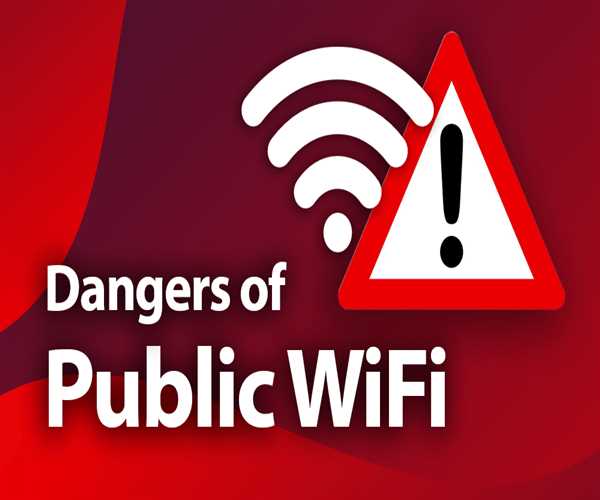Are you someone who loves to take advantage of public Wi-Fi networks when you're out and about? Hotels, coffee shops, airports, and other public places often offer free Wi-Fi access, so it's tempting to take advantage of it. However, there is a lot more to consider than just the convenience of being able to connect to the Internet.
Public Wi-Fi networks are not as secure as private networks and can make your device vulnerable to a variety of security threats, including identity theft, data breaches, and malware infections. Here, we'll take a look at some of the key risks associated with using public Wi-Fi networks and discuss how you can protect yourself when connecting to them.
Security Concerns
Public Wi-Fi networks are often unsecured, meaning that anyone who is nearby can intercept your data. This makes it easy for hackers to gain access to your confidential information, including passwords and financial data. Additionally, websites that you visit over public Wi-Fi may be vulnerable to man-in-the-middle attacks, where hackers can gain access to your data.
Malware Risk

Public Wi-Fi networks can also be infected with malware. Malware is a type of malicious software that can cause damage to your device or steal your personal information. Hackers often use malicious software to gain access to your data or to infect other devices on the same network.
Phishing Attacks
Another risk of using public Wi-Fi networks is that you may be vulnerable to phishing attacks. Phishing is a type of scam where hackers use fake emails or websites to try and get your personal information, such as your passwords or credit card information.
How to Protect Yourself
The most important thing to remember is to be cautious when using public Wi-Fi networks. Here are some tips to help protect yourself:
• Avoid using websites that require you to enter sensitive information, such as your passwords or credit card information.
• Use a virtual private network (VPN) to encrypt your data and protect your information from hackers.
• Be sure to turn on your device's firewall settings to help protect yourself from malicious software.
• Use caution when downloading and installing apps and software, as they could contain malicious code.
• Be sure to log out of any websites when you are finished using them.
By taking these steps, you can help protect yourself when using public Wi-Fi networks. It's always better to be safe than sorry, so be sure to use caution when connecting to public Wi-Fi networks.
Using public Wi-Fi can be tempting, but it’s important to remember that the risks definitely outweigh the convenience. If you must use public Wi-Fi, be sure to take precautions to protect your data and device. Use a trusted virtual private network (VPN) to encrypt your data, use a secure browser, and avoid entering sensitive information while connected to public Wi-Fi networks.